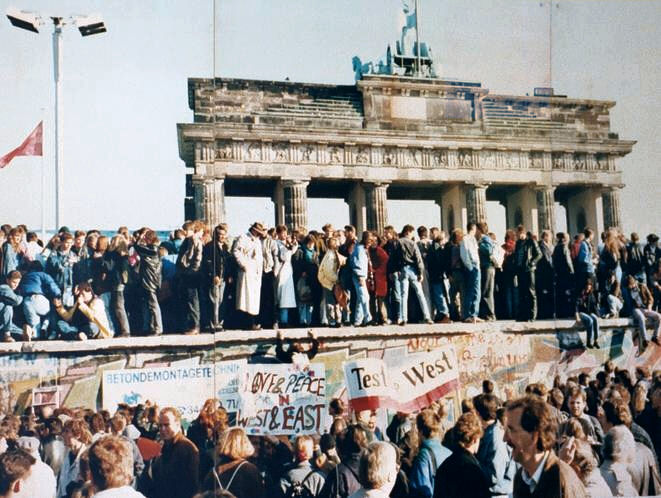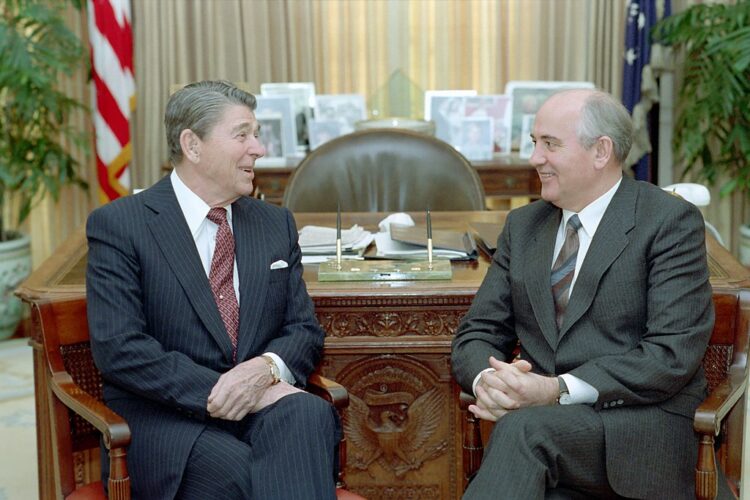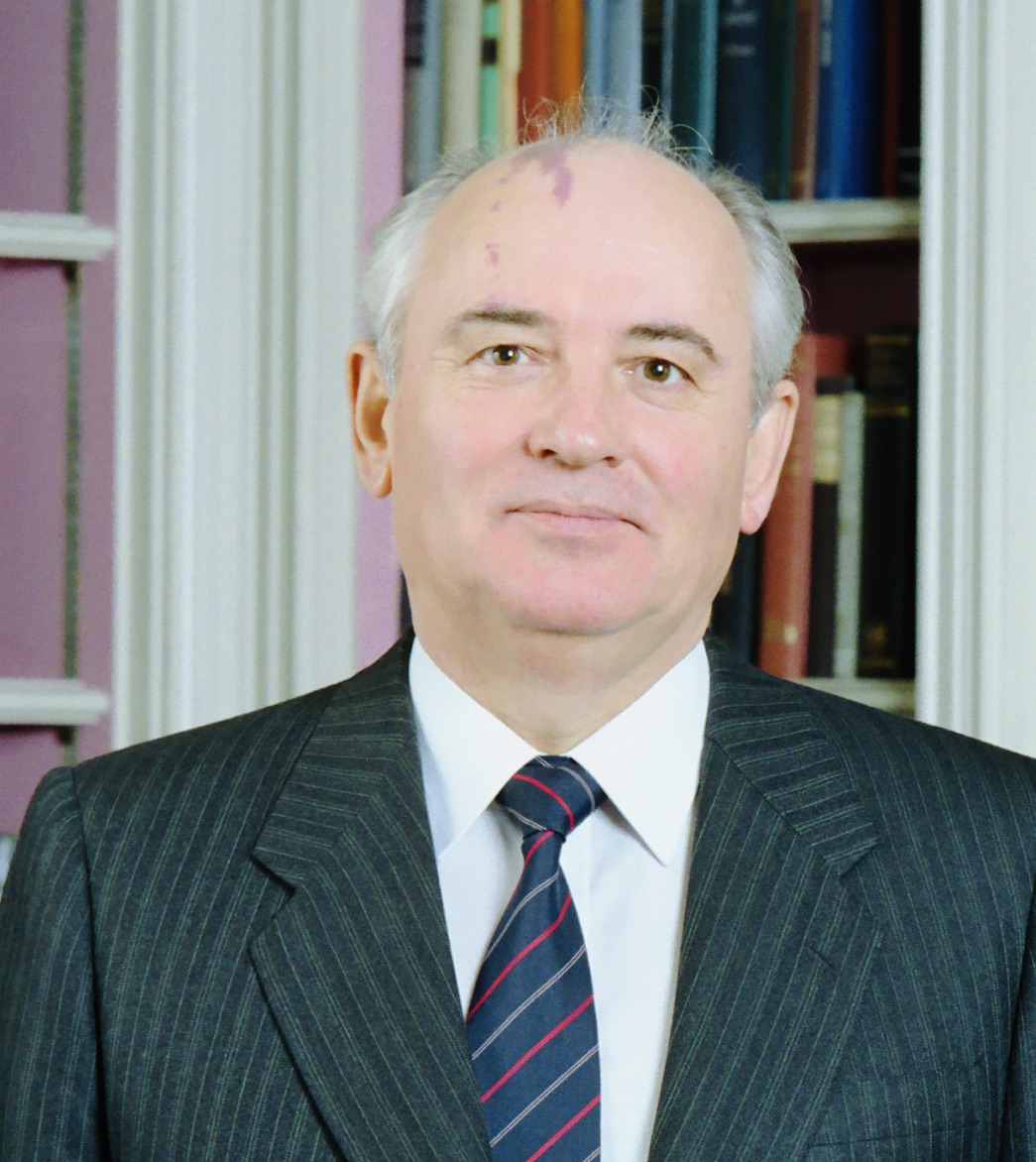When he died on August 30 at the age of 91, Mikhail Gorbachev, the last leader of the Soviet Union, left an indelible legacy as a bold and courageous visionary who upended the stultifying political and economic status quo in his country.
Through his innovative policies of glasnost (openness) and perestroika (restructuring), he gradually dismantled the totalitarian apparatus that stifled democracy and took incremental steps to reform an anemic economy that rarely met the needs of the masses.
He achieved these objectives during his term of office from 1985 to 1991.
Although he never intended to dissolve the Soviet Union or its communist system, his extraordinary capacity to change with the times was nothing less than astonishing and historic.
Gorbachev’s ideas led to the collapse of communism in Russia and eastern and central Europe, the formation of new states such as Ukraine, Armenia and Georgia, the fall of the Berlin Wall and the reunification of Germany, and a long period of improved relations with the United States and the major Western powers.

Gorbachev’s pragmatic approach to politics opened the gates to mass Soviet Jewish emigration and resulted in the restoration of the Soviet Union’s diplomatic relations with Israel.
And unlike his most recent predecessors, Gorbachev was the first Soviet leader to explicitly denounce antisemitism, which had been a shifting staple of Soviet policy beginning with Joseph Stalin in the late 1940s.
Pinchas Goldschmidt, who until recently was the chief rabbi of Moscow, proclaimed that “three million Soviet Jews owe him a debt of gratitude.”
Until the Gorbachev era, Jews were allowed to emigrate only periodically, and those who sought exit visas were sometimes punished.
Merely 1,140 Jews were permitted to leave when Gorbachev assumed power. In 1986, only 914 were given permission to emigrate, leading pundits to assert that his attitude to immigration was more reactionary than his predecessors. They were mistaken. From 1987 onward, unprecedented numbers of Jews departed. The figure in 1990 reached 185,000. A year later, it dipped to 147,000.
Soviet Jewish dissidents like Natan Sharansky and Ida Nudel were released during this period. They were Zionists who had fought for cultural, religious and linguistic rights and whose activism had caused their imprisonment.

Ultimately, three million emigrants left, out of which 1.6 million settled in Israel and the rest in countries ranging from the United States and Canada to Germany and Australia. On a trip to Israel in 1992, Gorbachev described the exodus as a “loss for our land and society,” but it certainly benefited Israel greatly in demographic and scientific terms.
Gorbachev said he eased emigration laws as part of an effort to do away with Soviet repression and build democracy. “Gorbachev recognized that the issue of human rights was an integral component of international relations,” said Arthur Schneier, an American rabbi and Soviet Jewry activist who met him several times in the 1980s.
Sharansky, who spent nine years in a gulag, believes Gorbachev loosened immigration restrictions due to international pressure.
“Gorbachev strongly believed in communism and believed that the ideas of Marx and Lenin were truly what was best, but he also realized that the system wasn’t working for the Soviet Union,” said Sharansky, the first political prisoner released by Gorbachev and subsequently an Israeli cabinet minister and the chairman of the Jewish Agency. “He understood there was a need to give some freedom to people. What he didn’t understand was that if you give a little freedom, the people will demand a lot of freedom.”
On a purely political level, Gorbachev realized that Moscow’s policy of repression was counter-productive, giving rise to Western trade restrictions and sanctions.

Gorbachev reestablished formal diplomatic relations with Israel in October 1991, two months before the implosion of the Soviet Union. In a pique of irrationality, Moscow severed ties with Israel during the 1967 Six Day War. For the next quarter of a century, Soviet leaders backed Israel’s Arab and Palestinian adversaries to the hilt.
Above all else, the Soviet Union — one of the first countries to recognize Israeli statehood in 1948 — supplied frontline Arab states like Egypt and Syria with sophisticated weapons and munitions. Moscow also sent military advisors there during the Six Day War, the Yom Kippur War and the War of Attrition, during which Israeli pilots shot down five Egyptian aircraft flown by Soviet pilots.
At the United Nations and global forums, the Soviets condemned Israel and likened Zionism to racism.
Gorbachev, realizing that the absence of Soviet relations with Israel was a strategic disadvantage, worked quietly to forge a rapprochement with the Jewish state.
In June 1992, six months after his resignation as general-secretary of the Soviet Communist Party, he and his wife, Raisa, visited Israel for five days. During his trip, he condemned antisemitism. “The democratic Russian public rejects and denounces antisemitism, and will do everything in its power to uproot the phenomenon from out society,” he declared.
He also said that, while Soviet-style antisemitism was “officially denied, it was encouraged in practice.” As he put it, “In the days of Stalin, especially after World War II, antisemitism was introduced into domestic and foreign policy. Even after the death of Stalin, this state of affairs continued, but not in openly repressive forms.”
Critics appreciated his candor, but contended that Gorbachev had been slow to denounce antisemitism and had not retracted a 1986 Soviet statement linking Zionism with chauvinism and racism.
Gorbachev himself was not antisemitic, according to Sharansky. “But I don’t remember any particular expression of sympathy by him toward Jews,” he said on August 31.
Be that as it may, Gorbachev’s policies were clearly advantageous to Soviet Jews and Israel.
